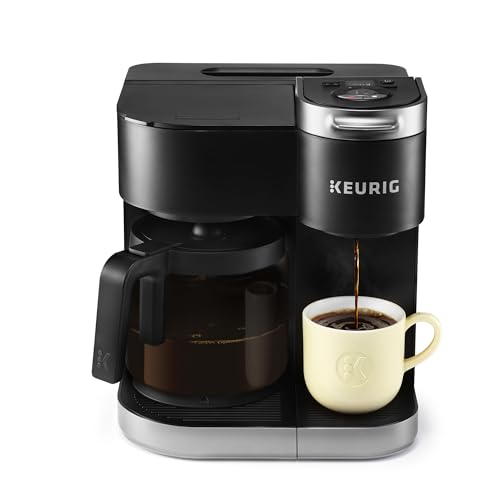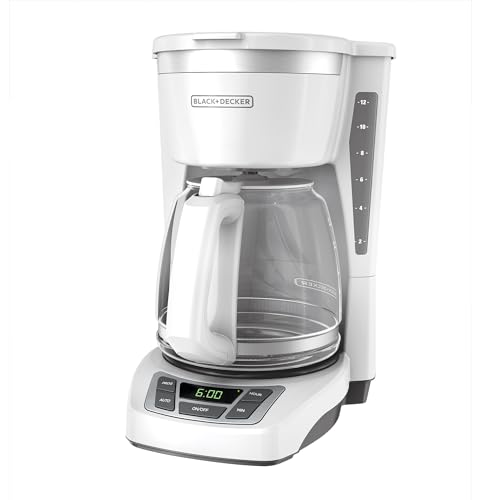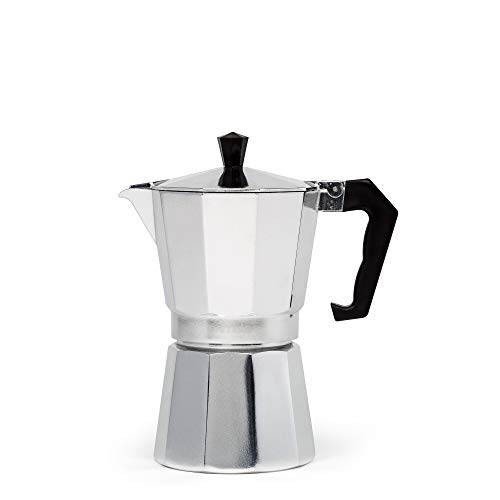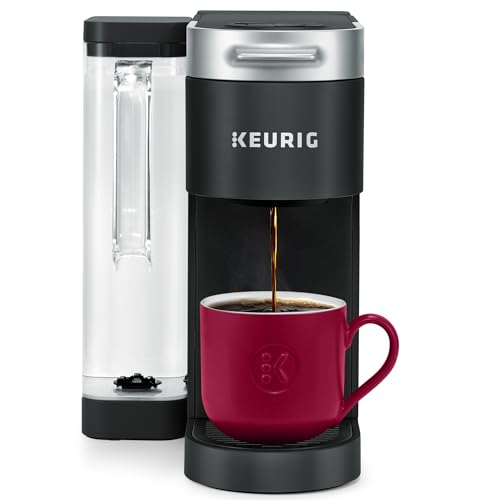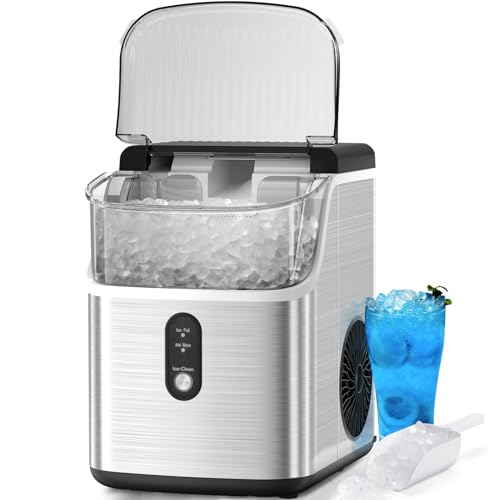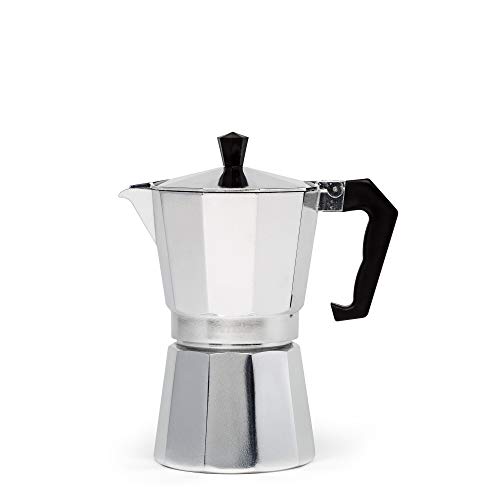“What Is The Difference Between Centrifugal and Masticating Juicers?” is a commonly asked question among health enthusiasts and individuals looking to incorporate more fresh fruits and vegetables into their diet. The choice of juicer can significantly influence the quality, taste, and nutritional content of your juice.
Centrifugal and masticating juicers, as the most popular types of juicers, have distinct features, advantages, and disadvantages. Your choice between the two depends largely on your specific needs and preferences. It’s essential to understand these differences before making a purchase.
In the following sections, we will delve into the specifics of each type of juicer, their working mechanisms, and their impact on juice quality, among other factors. This comparison should provide you with a comprehensive understanding, helping you make an informed decision on the best juicer for your needs.
What Is The Difference Between Centrifugal and Masticating Juicers?
Firstly, centrifugal juicers are known for their speed and convenience. They use a rapidly spinning metal blade against a mesh filter to separate juice from fruits and vegetables. The speed of the centrifugal force extracts the juice, which then drains from the appliance while the pulp gets ejected into a separate container.
However, this quick juicing process generates heat, which can degrade the nutrients in the juice. Furthermore, centrifugal juicers may not be as effective in extracting juice from leafy greens and soft fruits, leaving behind a wet pulp.
On the other hand, masticating juicers, also known as slow, cold-press, or single gear juicers, operate at a slower speed. They crush and squeeze the produce to extract the juice, which is a more efficient and thorough method.
Masticating juicers are particularly effective at juicing leafy greens and wheatgrass and produce a high yield of juice from most produce types. The slower speed and lack of heat preserve more nutrients, resulting in a higher-quality juice. However, they come with a higher price tag compared to centrifugal juicers and take longer to produce the juice.
In conclusion, the choice between a centrifugal and masticating juicer hinges on your individual requirements, time constraints, budget, and what you plan to juice most often. It’s vital to weigh these factors against the pros and cons of each type to find the juicer that will best meet your needs.
Choosing the Right Juicer for Your Needs
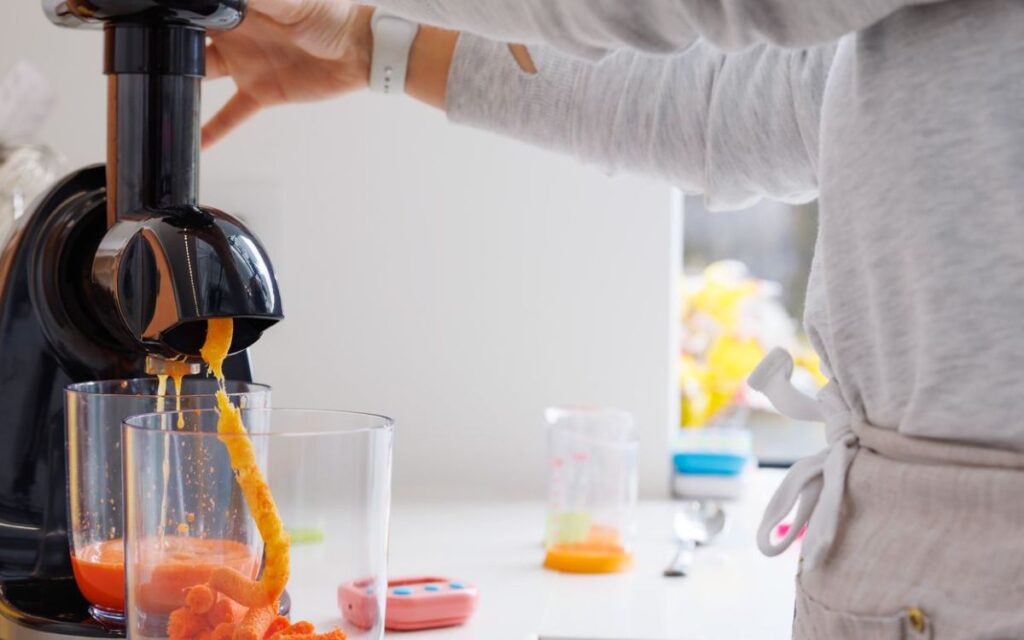
When deciding on the right juicer, consider your lifestyle. If you’re always on the go and require a fast juicing process, a centrifugal juicer may be your best bet. Despite its less efficient extraction and possible nutrient loss, it’s user-friendly and perfect for beginners.
On the flip side, if you’re an avid juicer who values nutritional content and doesn’t mind spending a bit more time on juicing, a masticating juicer could be the ideal choice. It’s excellent for extracting high-quality juice from a variety of produce, including leafy greens.
Keep in mind the space in your kitchen. Centrifugal juicers have a larger footprint and require more counter space. Conversely, masticating juicers have a vertical design, taking up less space on your countertop.
Price is another significant aspect to take into account. Centrifugal juicers are generally less expensive than masticating juicers. You’ll need to decide if the potential increase in juice quality and yield from a masticating juicer justifies the higher cost.
Lastly, consider the noise level. If you’re an early riser or live in a household with different sleep patterns, the quieter masticating juicer could prevent potential disturbances. Centrifugal juicers tend to be louder due to their high-speed operation.
By considering these factors in line with your personal needs and preferences, you’re sure to find the juicer that suits you best. Remember, the goal is to find a juicer that you’ll enjoy using and that will help you maintain a healthy lifestyle.
Cleaning and Maintenance Tips for Long-Lasting Performance
Regardless of the type of juicer you choose, proper cleaning and maintenance are crucial to ensure long-lasting performance and durability. Both centrifugal and masticating juicers require regular cleaning to prevent build-up of pulp and juice residue.
Centrifugal juicers typically have fewer parts and are easier to clean, with many components being dishwasher safe. However, the mesh filter requires careful cleaning to prevent clogging.
Masticating juicers, while taking slightly longer to clean due to their intricate mechanisms, often come with handy cleaning tools. It’s essential to clean these juicers immediately after use to prevent pulp from drying and sticking to the parts.
In terms of maintenance, occasional checks on the blade or auger for signs of wear and tear are recommended. Replacement parts are generally available from the manufacturer.
Moreover, always remember to follow the juicer’s instruction manual for specific cleaning and maintenance tips. This will not only help you keep the machine in the best possible condition but also ensure its optimal performance over time.
Finally, your juicer should be a long-term investment in your health, so take the time to care for it properly. Regular cleaning and maintenance will extend its lifespan, making sure you enjoy fresh, nutrient-rich juices for years to come.
FAQs About Centrifugal and Masticating Juicers
In this segment, we present some of the most common questions about centrifugal and masticating juicers. Understanding these aspects can further clarify the differences and help you choose the right juicer.
What type of produce can I juice with a centrifugal juicer compared to a masticating juicer?
The type of produce you can juice largely depends on the type of juicer you use. Centrifugal juicers are great for hard fruits and vegetables like apples, carrots, and beets due to their high-speed blades. However, they struggle with leafy greens and soft fruits, which can result in wet pulp and less juice yield.
On the other hand, masticating juicers excel in juicing leafy greens like spinach and kale, wheatgrass, as well as soft fruits like berries. Their slow, crushing and squeezing action extracts a higher yield of juice from these types of produce.
Which type of juicer offers more nutritional value in the juice?
Masticating juicers generally yield a more nutritious juice compared to centrifugal juicers. The slow, cold-press method used by masticating juicers prevents heat buildup, which can degrade enzymes and antioxidants in the juice. As a result, the juice retains more of its nutrients, ensuring you get the most health benefits from your juice.
Conversely, the rapid speed of centrifugal juicers generates heat and introduces more oxygen, which can lead to nutrient loss. However, it’s worth noting that the juice produced is still healthy and significantly more nutritious than store-bought, processed juices.
Are masticating juicers worth the extra cost?
The answer to this question depends on your juicing habits and priorities. If you’re a casual juicer who mostly works with hard fruits and vegetables, a centrifugal juicer would suffice.
However, if you are a health enthusiast, frequently juice leafy greens, and don’t mind spending a bit more time on juicing, the higher yield and nutritional quality provided by a masticating juicer might be worth the extra cost.
Additionally, the more efficient juice extraction can mean savings on produce in the long run, which could offset the initial higher cost.
Final Thought
In conclusion, both centrifugal and masticating juicers have their unique strengths and considerations. Your choice ultimately depends on your individual needs, lifestyle, and budget.
Centrifugal juicers are quick, easy to use, and more affordable, making them a good choice for beginners or those who need to juice in a hurry. However, they may not be as effective at extracting juice from leafy greens or soft fruits.
Masticating juicers, while more expensive and slower in operation, offer higher juice yields, particularly from leafy greens and soft fruits. They also produce juice with a potentially higher nutrient content due to their cold-press method.
Remember, the purpose of owning a juicer is to make it convenient for you to consume healthy, fresh juices regularly. So, the best juicer for you is the one that you’ll use consistently. And that’s the key thing to remember when questioning – what is the difference between centrifugal and masticating juicers?
